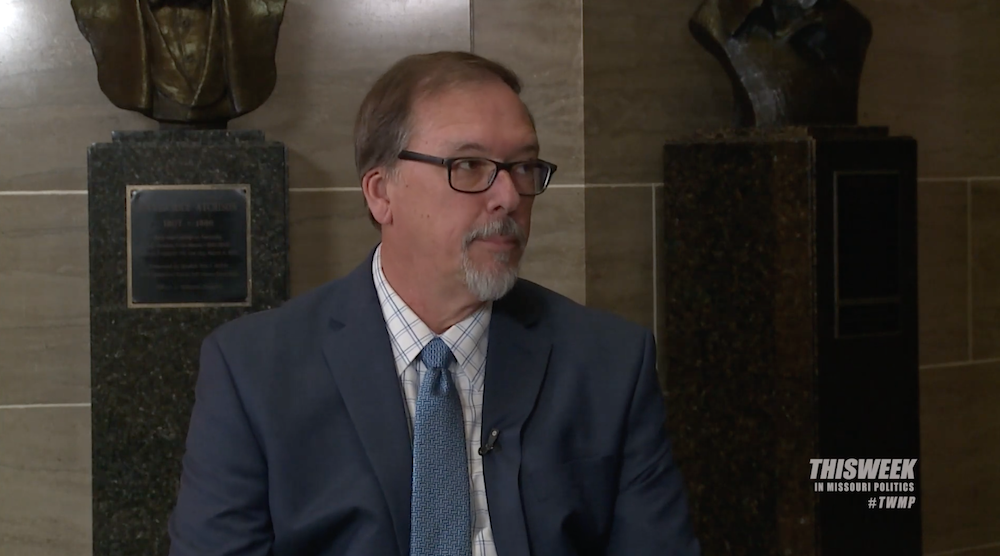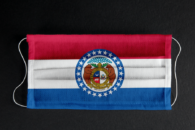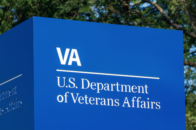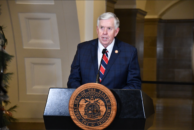Missouri’s medical marijuana program has raked in nearly $9 million for veterans — and that amount is expected to drastically increase this year, according to Lyndall Fraker, who oversees the program.
Housed under the Department of Health and Senior Services (DHSS), Missouri’s medical marijuana program has brought in $8.9 million since it got underway three years ago, Fraker said.
But there’s another $5 million ready to be transferred this legislative session through a supplemental budget, and $14 million earmarked for the fall during the new fiscal year, Fraker said on Sunday’s episode of “This Week in Missouri Politics.”
“I think the veterans have struggled a little bit with money getting into their veterans homes and some of their programs. This gives the [Missouri] Veterans Commission the autonomy to be able to do wherever they see the need,” Fraker said.
Fraker said nearly 7,000 people work in the medical marijuana field in Missouri — and the program has cut into the black market in the state.
“The black market in Missouri was more than a half a billion-dollar industry. Our program right now, we’ve done around $230 million in sales,” Fraker said.
The first legal medical marijuana sale in Missouri took place in October 2020. The program was established in 2018 by a voter-approved amendment, creating the framework for physicians to recommend marijuana or marijuana products to treat nine qualifying conditions — such as PTSD, seizures, cancer, and epilepsy — at the professional judgment of the physician.
State law mandates fees and taxes collected from facilities and patients go to the Missouri Veterans Commission. DHSS made its first transfer of funds to the commission in September 2021.
Redistricting fight looms
As the Senate gears up to take up congressional redistricting again this week, Sunday’s panel discussed the implications of a 7-1 map in favor of Republicans — and the importance of passing a map quickly.
Rep. Raychel Proudie warned Republicans’ efforts to split the Kansas City area in order to get seven GOP-leaning districts could be detrimental in the end as more liberals move to the Kansas City area.
“I would caution trying to be greedy [could] actually cost them a congressional seat. I would urge them to consider that although we’re drawing these maps now, over a 10 year period, how that changes and what that looks like,” Proudie, a Democrat, said. “I don’t really see a way for them to pull a 7-1 without potentially losing a congressional seat.”
Christian Rehder, editor of Heartlander News, said it was imperative for lawmakers or the courts to draw a map with enough expediency so constituents can get to know their congressional candidate ahead of the election.
“I’m more excited about just getting something done and concrete in the books so that we can get the word out to the voters. The most important thing is voters know where their district is, where it ends, and who their candidates are,” Rehder said.
Rep. Brian Seitz and Austin Petersen, host of KWOS News Radio also joined the panel to discuss redistricting and the school mask mandate debate.
Watch the full episode of “This Week in Missouri Politics” below, or listen to the podcast version here.



































